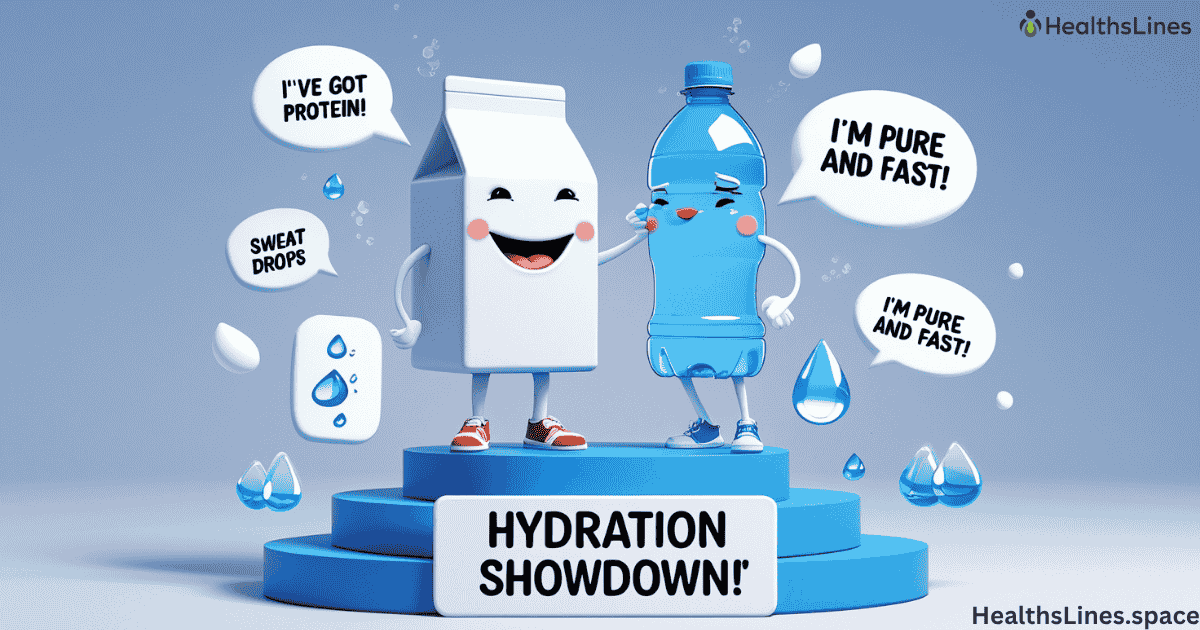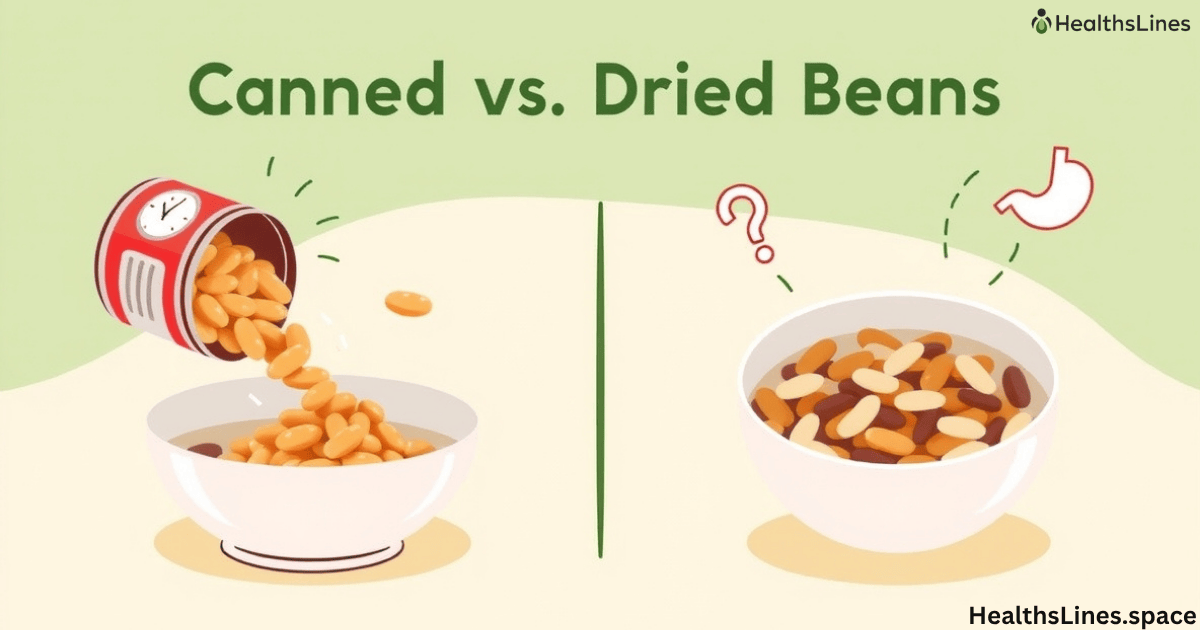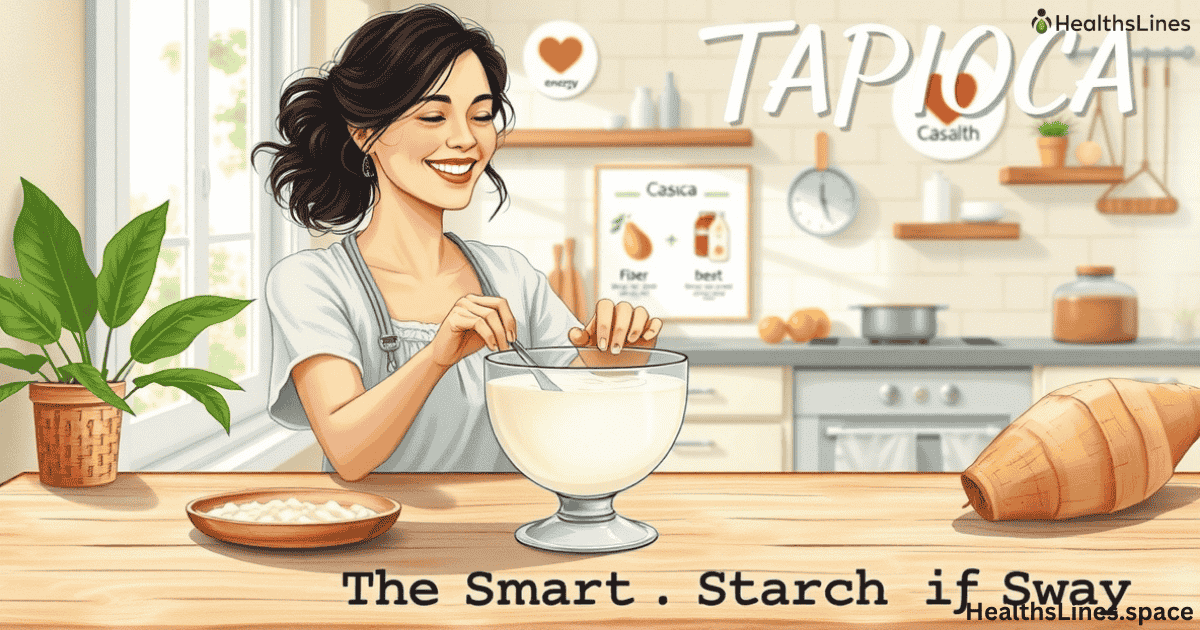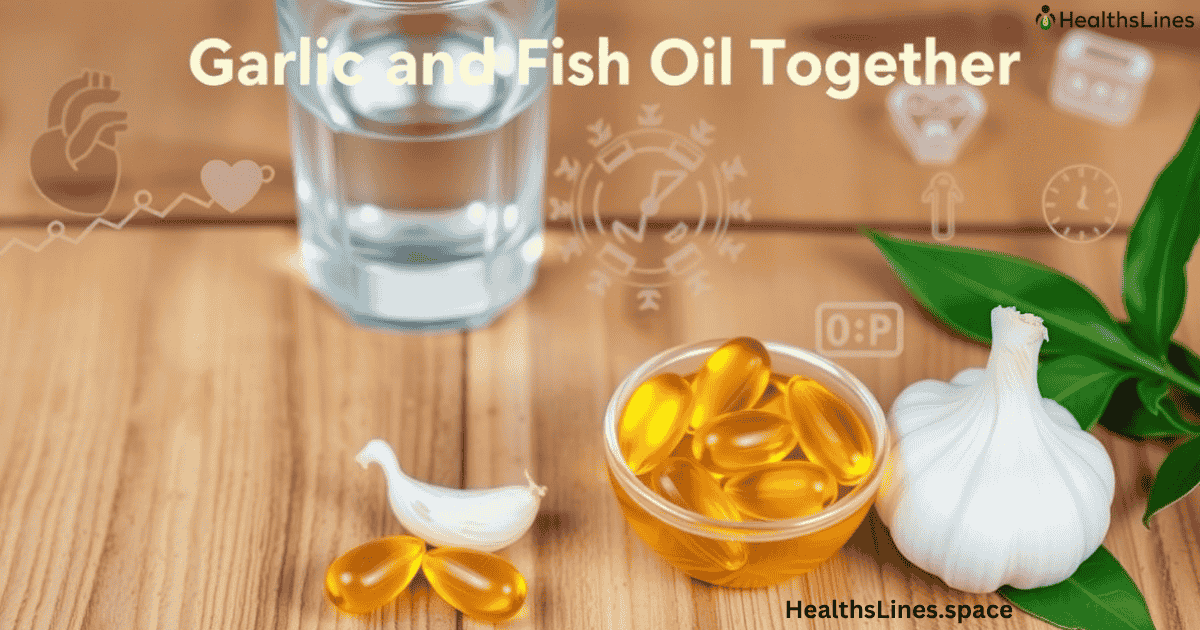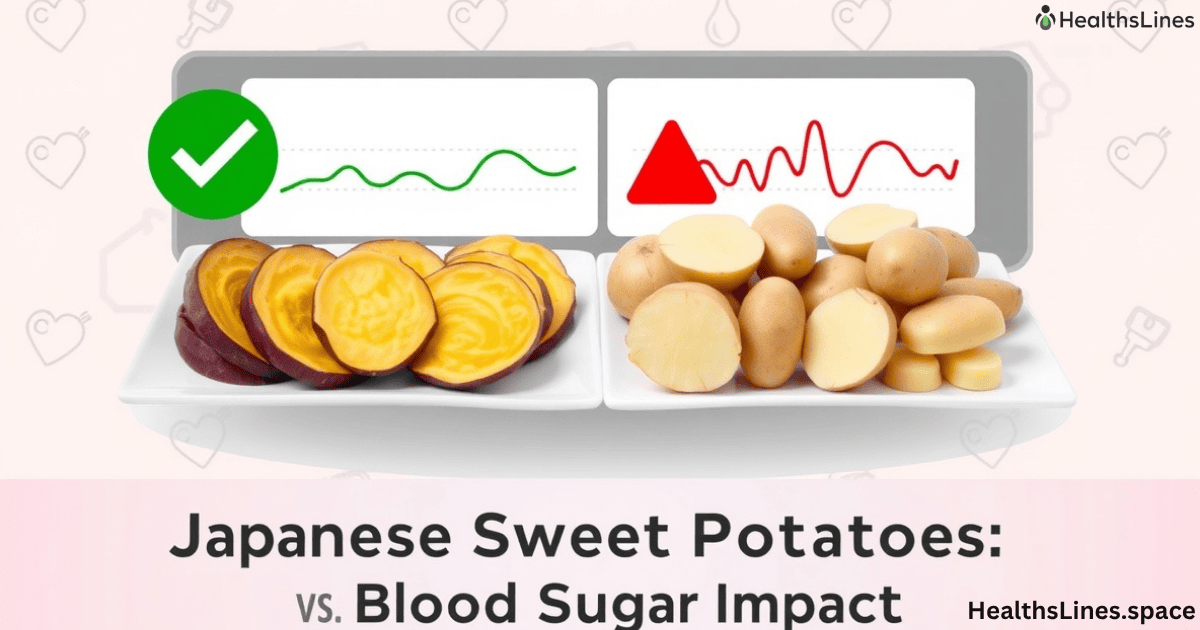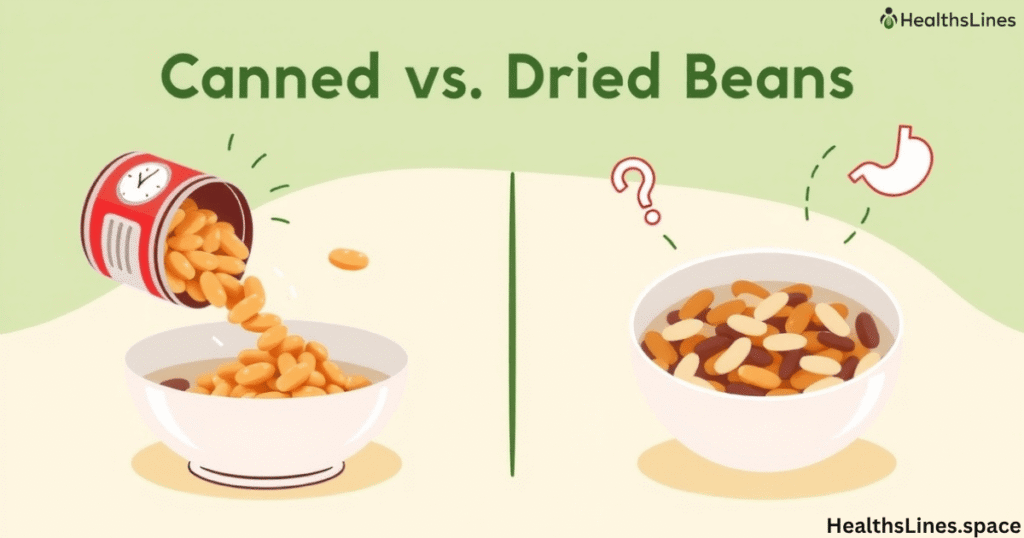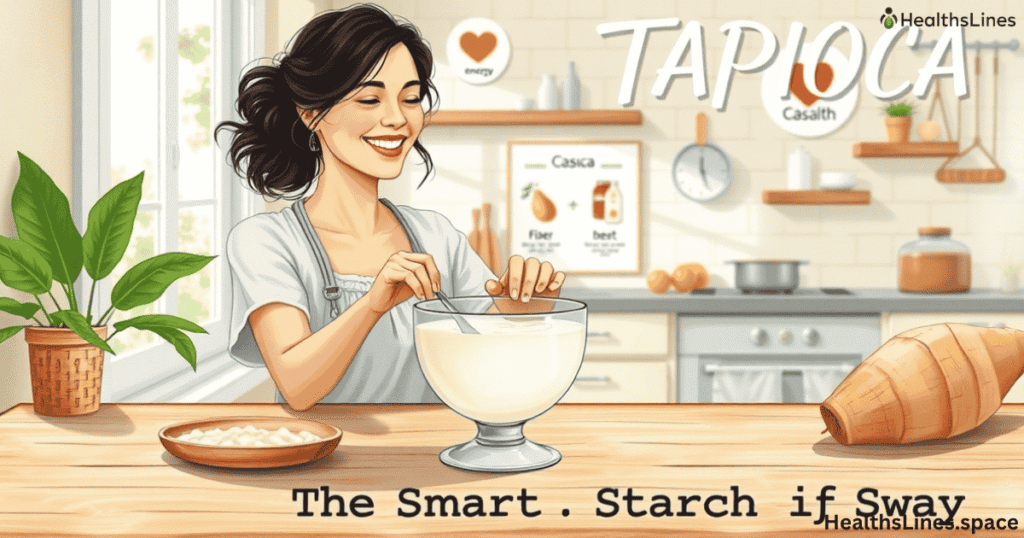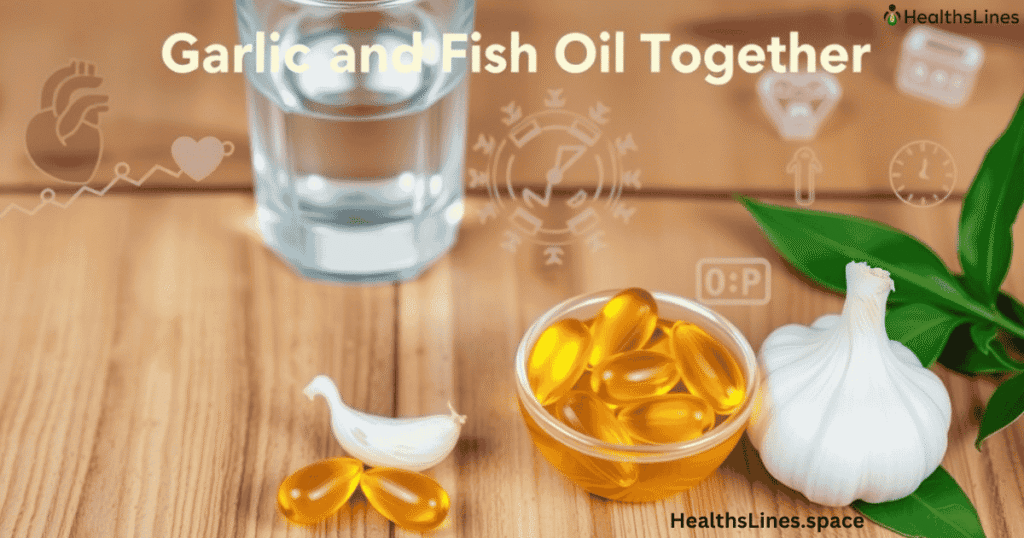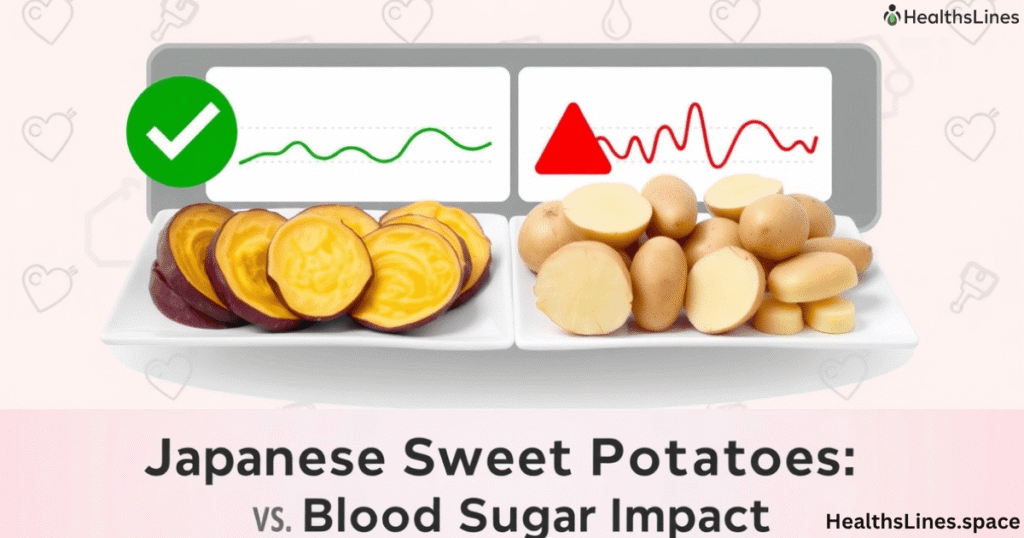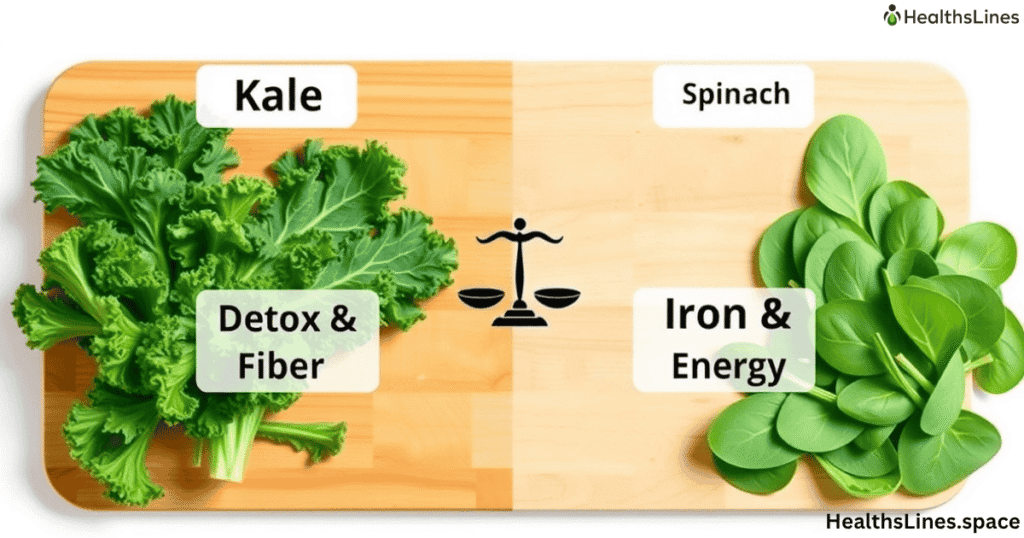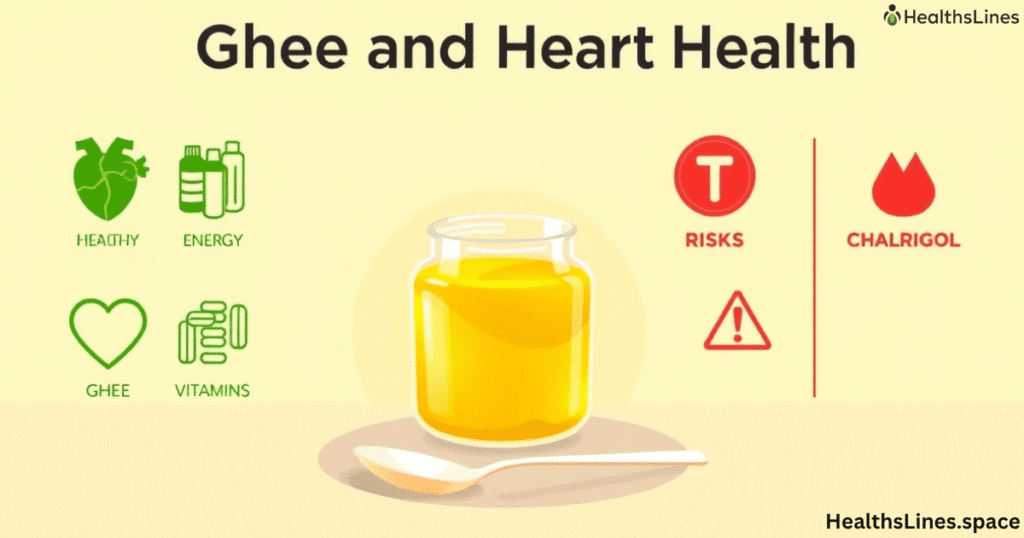The Great Hydration Debate
Many people believe that nothing hydrates the body better than plain water. It’s simple, calorie-free, and easy to access. But recent studies suggest that milk might actually hydrate better than water. That sounds surprising, doesn’t it? Especially since milk is often thought of as a food rather than a drink for hydration. Still, when we look at how our bodies process fluids, things become more interesting Is Milk More Hydrating Than Water.
Hydration isn’t only about drinking lots of water. It’s about how much of that water stays in your body and helps keep your organs, cells, and tissues working well. When scientists looked closer, they found that milk contains a mix of nutrients that help the body hold on to fluids longer, giving it a possible edge over water in certain situations.
What It Means to Stay Hydrated
Staying hydrated means your body has enough fluids to work properly. It’s not just about drinking a lot of water—it’s about how well your body absorbs and keeps that fluid. Your body needs water for almost everything, like keeping your temperature normal, moving nutrients around, and helping your joints move smoothly. But here’s the key: just drinking water doesn’t always mean you’re hydrated.
Scientists use terms like osmolality and gastric emptying to explain how hydration works. Osmolality is about how many particles, like sugar or salt, are in your drink. The right balance helps your body absorb fluids better Is Milk More Hydrating Than Water. Gastric emptying is how fast the drink leaves your stomach. Water leaves quickly, so it may not keep you hydrated for long. But drinks like milk, with protein, sugar, and electrolytes, take longer to digest. That means your body keeps the fluids longer.
To truly stay hydrated, your body needs to maintain fluid balance—the right mix of water, electrolytes, and nutrients. That’s why milk vs water hydration matters. Is milk more hydrating than water? In many cases, yes, because it helps your body hold on to fluids better than plain water does.
How Water Performs for Hydration
Water is excellent for hydration. It moves through your stomach quickly and helps regulate body temperature. It’s calorie-free, easy to drink anytime, and works well for basic hydration. In fact, it’s often the first recommendation from doctors and dietitians for keeping hydrated.
However, water lacks electrolytes and macronutrients, which means it might not stay in the body as long as other drinks. After drinking plain water, the kidneys can flush it out quickly. That’s why you may feel the need to urinate not long after drinking large amounts of it. In short, while water does hydrate well, it might not retain fluids as efficiently as drinks with other elements.
Is Milk Scientifically More Hydrating Than Water?
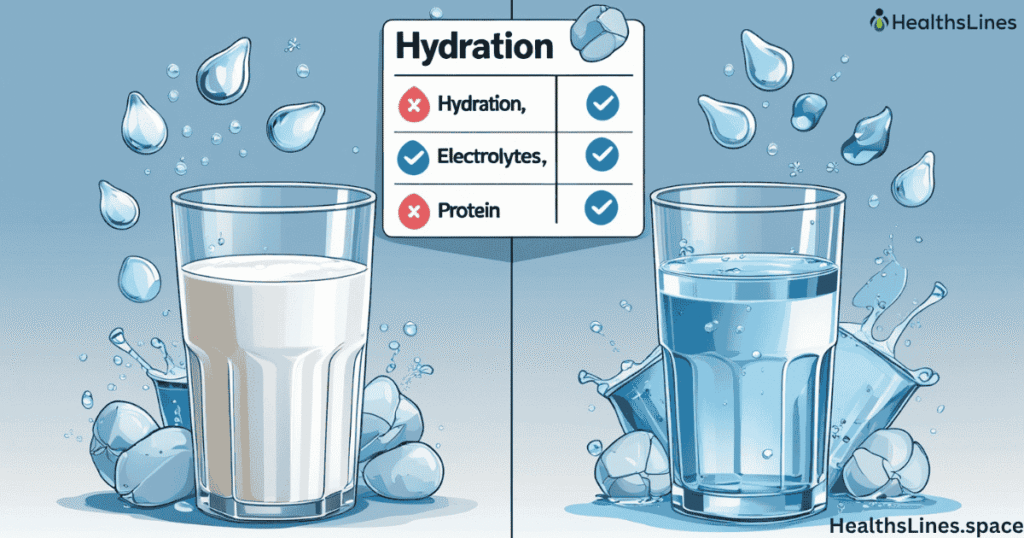
In 2016, researchers at the University of Stirling in Scotland published a study that changed how we think about hydration. They tested thirteen popular beverages and created a Beverage Hydration Index (BHI). The index compared how long fluids remained in the body over four hours. To everyone’s surprise, milk ranked higher than water.
Milk contains carbohydrates (in the form of lactose), protein, and fat, along with electrolytes like sodium and potassium. These slow down the stomach from emptying and help the body absorb and retain fluid. The table below shows how milk compares with other drinks.
| Beverage | Beverage Hydration Index (BHI) |
| Skim Milk | 1.5 |
| Full-Fat Milk | 1.3 |
| Water | 1.0 |
| Sports Drink | 1.2 |
| Soda | 0.9 |
Milk’s high BHI score means it keeps you hydrated longer than water. This doesn’t mean you should stop drinking water. It means that milk is an effective alternative in specific situations.
Does Milk Hydrate Better for Athletes and Recovery?
For athletes or anyone doing intense physical activity, hydration and recovery go hand in hand. After a hard workout, your body loses fluid and electrolytes through sweat. You also need nutrients to repair muscles. That’s where milk becomes a smart choice.
Milk provides not only fluid but also whey and casein proteins, which help rebuild muscle tissue. It also contains carbohydrates that refill your energy levels. Several studies have shown that low-fat milk rehydrates better than water and sports drinks after exercise. In one case, researchers observed better hydration and less urination in subjects who drank milk post-exercise than those who drank water.
When Should You Choose Milk Over Water?
You might wonder if you should start drinking milk instead of water all the time. The truth is, both have their place. Water is perfect for daily sipping, especially when you’re not very active or just need to stay refreshed. But milk is better in certain situations, especially when your body needs more than just fluids. For example, after a workout or physical activity, your body loses water, salt, and energy. Milk replaces all three because it has electrolytes, sugar, and protein Is Milk More Hydrating Than Water.
Another great time to choose milk is during meals. It slows digestion slightly, so the fluids stay in your body longer. This helps keep you full and hydrated. If you’re in a hot climate, working outside, or sweating a lot, milk can also help restore what you’ve lost. However, it’s not the best choice while you’re exercising or if you’re lactose intolerant.
So, does milk hydrate you better than water? Yes—in the right setting. Use water for everyday needs, but choose milk when your body needs long-lasting hydration and nutrients. This balance will help you maintain fluid balance and stay healthy throughout the day, especially when your energy and hydration needs are higher.
Common Myths About Milk and Hydration
One common myth is that milk dehydrates the body. That’s simply not true. Milk contains more than 85% water, and its electrolytes help maintain hydration. Another myth is that milk causes mucus. Research has shown this is not backed by science. For most people, drinking milk does not increase mucus production in the throat or lungs.
Some also believe that milk causes bloating, but that’s mostly true for people with lactose intolerance. Most others digest milk just fine and can enjoy its hydrating benefits without discomfort. These false beliefs often stop people from recognizing milk’s real value in hydration.
How to Maintain Proper Hydration Daily
Staying hydrated all day doesn’t mean drinking gallons of water. It means balancing fluid intake with your body’s needs. You lose water through sweat, urination, and even breathing. So you need to drink fluids consistently throughout the day.
You can hydrate through various sources. Water, milk, juice, soups, fruits, and vegetables all contribute to fluid intake. The key is to drink regularly, especially before, during, and after exercise, or when you’re in hot weather. Don’t wait until you’re thirsty. By then, your body is already slightly dehydrated.
What About Plant-Based Milks?
Many people choose plant-based milks like almond, soy, or oat milk for health or ethical reasons. But how do they compare with dairy milk for hydration? The answer depends on the specific product. Some plant-based milks are watered down and contain very little protein or electrolytes.
Soy milk is the closest in nutrition to cow’s milk. It contains a decent amount of protein and potassium, both useful for hydration. Almond milk, on the other hand, is low in both. Oat milk has some carbohydrates and fiber, but less protein. So while plant milks can help with hydration, they generally don’t perform as well as dairy milk in keeping you hydrated longer.
Should You Swap Water for Milk?
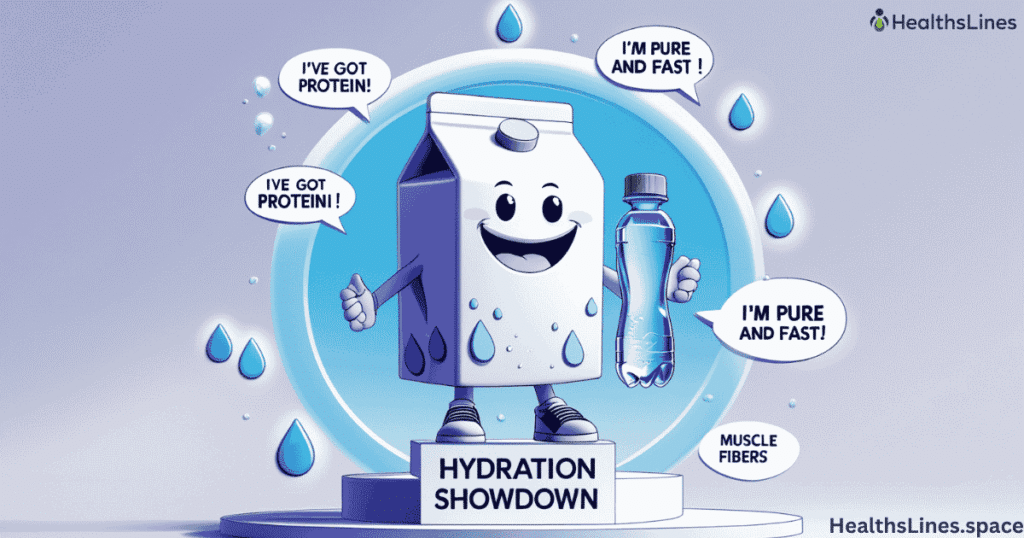
Plant-based milks like soy, almond, oat, and rice are popular today, especially among people who are lactose intolerant or follow a vegan diet. But when it comes to hydration, they don’t all work the same way. Some have fewer electrolytes, protein, and nutrients compared to dairy milk. That means they may not keep you hydrated as well or as long.
Among all plant-based options, soy milk is the most similar to dairy milk. It has a good amount of protein and sometimes added sodium and potassium, which support fluid balance. Oat and almond milk often have lower protein and fewer electrolytes unless they are fortified. Fortified plant milks add extra calcium, vitamin D, and sometimes electrolytes, but they still may not offer the same hydration benefits as regular milk.
So, if you’re avoiding dairy, check labels carefully. Choose plant-based milks that are enriched with key nutrients. While they can be part of your hydration routine, most are not as effective as dairy milk when it comes to keeping your body fully hydrated.
Frequently Asked Questions
Q: Does milk hydrate better than water after exercise?
A: Yes. Milk stays in the body longer and helps with muscle recovery due to its protein and electrolyte content.
Q: Can I use plant-based milk for hydration?
A: Some plant-based milks like soy may help hydrate, but most are less effective than dairy milk because they have lower protein and electrolyte levels.
Q: Is milk good for daily hydration?
A: Milk can support hydration, especially after activity, but plain water is still best for everyday, all-day drinking.
Conclusion
So, does milk hydrate you better than water? In many cases, yes. Studies like the Beverage Hydration Index clearly show that milk retains fluid in the body longer. It also provides electrolytes, sugar, and protein, which work together to improve hydration and support recovery.
However, this doesn’t mean you should stop drinking water. Water is essential for daily life, and it’s still the best choice when you want a calorie-free drink. But when you need lasting hydration or extra nutrients, milk can be the better option.
